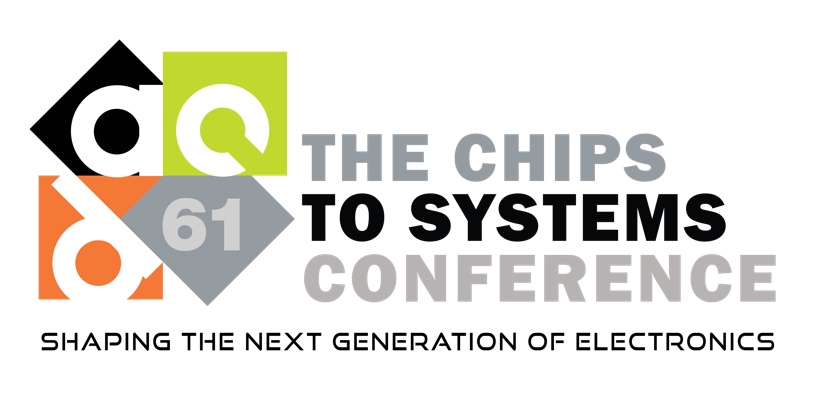Presentation
ReCG: ReRAM-Accelerated Sparse Conjugate Gradient
DescriptionSolving sparse linear systems is crucial in scientific computing. Sparse Conjugate Gradient (CG) is one of the most popular iterative solvers with high efficiency and low storage requirements. However, the performance of sparse CG solvers implemented on storage-compute separated architectures is greatly limited by the irregular memory access and the large amount of data transmission.
In this paper, we propose a processing-in-memory (PIM) architecture, ReCG, based on the resistive random-access memory (ReRAM) to accelerate sparse CG solvers. The design of ReCG faces three major challenges: (1) how to make complex CG more suitable for acceleration with ReRAM-based architecture, (2) how to map sparse and irregular operations to regular crossbars that are more suitable for dense operations, and (3) how to coordinate the dataflow among hardware units to minimize the impact of the poor write endurance of ReRAMs on CG acceleration. To address these challenges, we (1) classify the sparse CG kernels by exploring the commonality of operations and design a flexible and dedicated architecture, (2) efficiently implement the sparse and irregular operations by utilizing both content-addressable memory (CAM) and multiply-and-accumulate (MAC) crossbars, and (3) develop a novel scheduling strategy for the dataflow. The experimental results show that ReCG improves the performance by up to three, one and one orders of magnitude compared with PETSc on CPU and GPU and CALLIPEPLA on FPGA, respectively, and the energy consumption is reduced by up to two, two and one orders of magnitude.
In this paper, we propose a processing-in-memory (PIM) architecture, ReCG, based on the resistive random-access memory (ReRAM) to accelerate sparse CG solvers. The design of ReCG faces three major challenges: (1) how to make complex CG more suitable for acceleration with ReRAM-based architecture, (2) how to map sparse and irregular operations to regular crossbars that are more suitable for dense operations, and (3) how to coordinate the dataflow among hardware units to minimize the impact of the poor write endurance of ReRAMs on CG acceleration. To address these challenges, we (1) classify the sparse CG kernels by exploring the commonality of operations and design a flexible and dedicated architecture, (2) efficiently implement the sparse and irregular operations by utilizing both content-addressable memory (CAM) and multiply-and-accumulate (MAC) crossbars, and (3) develop a novel scheduling strategy for the dataflow. The experimental results show that ReCG improves the performance by up to three, one and one orders of magnitude compared with PETSc on CPU and GPU and CALLIPEPLA on FPGA, respectively, and the energy consumption is reduced by up to two, two and one orders of magnitude.
Event Type
Research Manuscript
TimeWednesday, June 263:30pm - 3:47pm PDT
Location3004, 3rd Floor
Design
In-memory and Near-memory Computing Architectures, Applications and Systems


